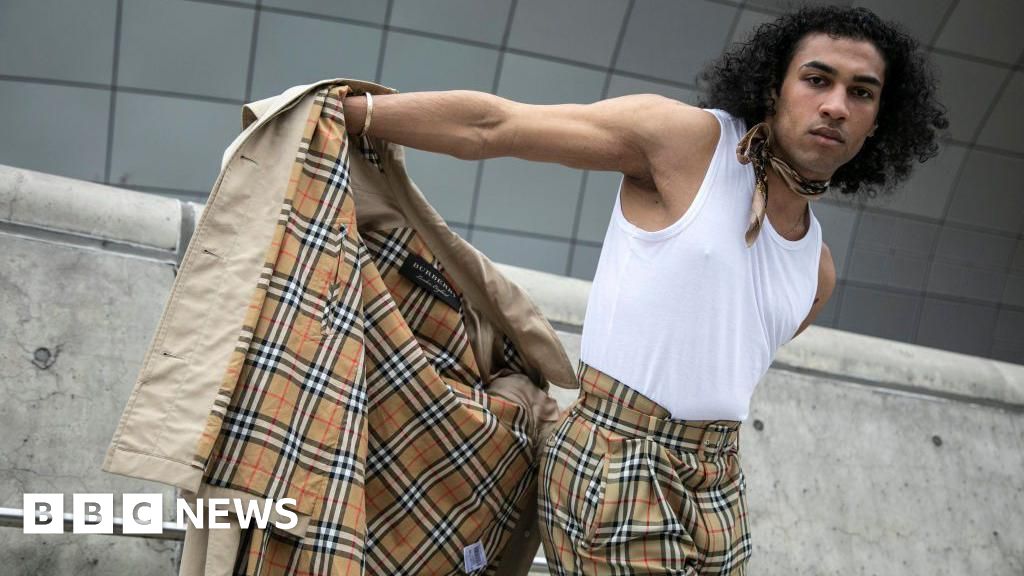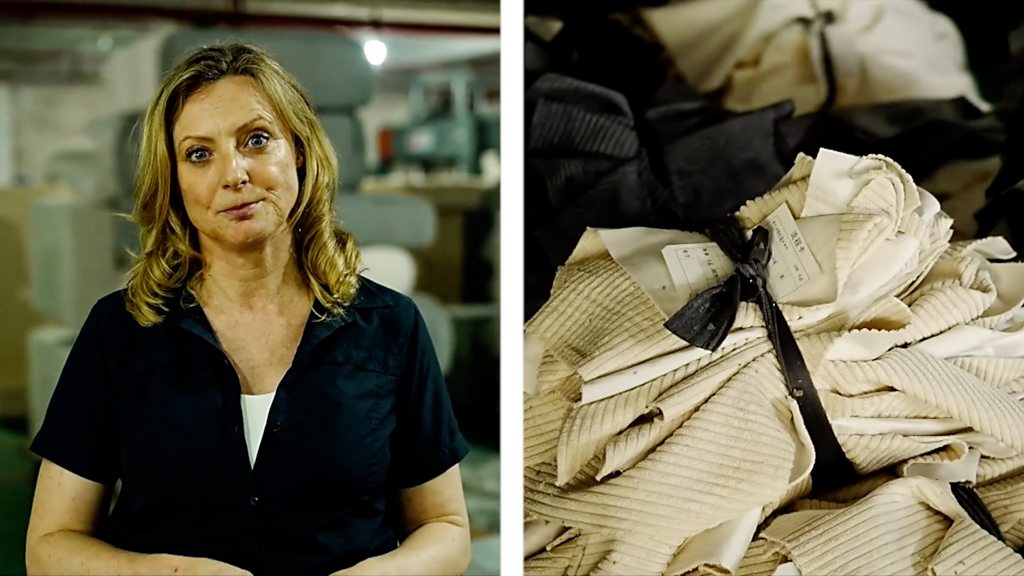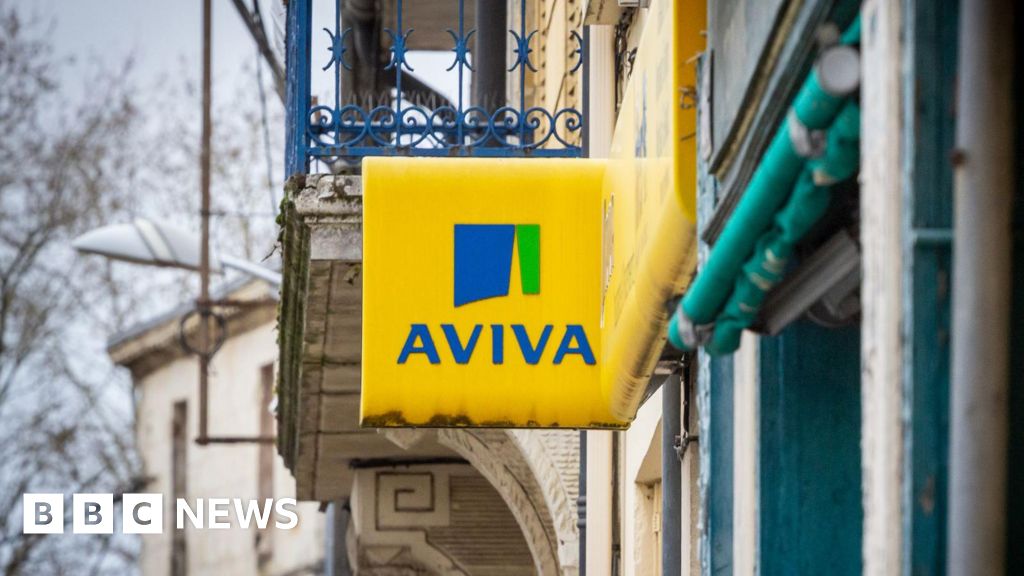ARTICLE AD BOX
Image source, Getty Images
TikTok has suspended live streaming and new content from being uploaded to its platform in Russia, citing the country's "fake news" laws.
The video-sharing giant said it wanted to ensure the safety of staff and users as it assessed the new law.
Since Friday, anyone who writes news deemed to be fake about Russia's armed forces can face a lengthy jail term.
The BBC and other news outlets have stopped reporting in Russia, saying they can no longer be independent.
There are more than 70 million monthly users of TikTok in Russia, but developers there recently launched a rival service.
In a series of Tweets, TikTok said: "In light of Russia's new 'fake news' law, we have no choice but to suspend live-streaming and new content to our video service while we review the safety implications of this law.
"Our in-app messaging service will not be affected."
It added: "We will continue to evaluate the evolving circumstances in Russia to determine when we might fully resume our services with safety as our top priority."
Chinese-owned TikTok, which has one billion users worldwide, has been criticised for not speaking out against Russia invading Ukraine, unlike its peers Meta, which owns Facebook and Instagram, and Twitter.
The site has also been accused of enabling disinformation during the conflict, as videos from both Russia and Ukraine spread rapidly.
In a longer statement on its website on Sunday, TikTok described the war in Ukraine as "devastating", adding that it had "brought pain to our community and our people".
It also said it recognised "the heightened risk and impact of misleading information during a time of crisis", and said it was working to strengthen its safety and security measures.
'Information war'
On Friday, Russia's parliament approved new laws to tackle what the Kremlin calls "an information war" against the country.
Among other things, the Kremlin objects to the conflict being called a war, instead calling it a "special military operation". Anyone found to have written "fake news" about its armed forced could be jailed for up to 15 years.
The BBC has temporarily suspended its journalists' work in Russia in response, with BBC Director-General Tim Davie saying the legislation "appears to criminalise the process of independent journalism".
Canada's public broadcaster and Bloomberg News said they too had temporarily halted reporting from Russia, and news channel CNN said it would stop broadcasting in the country.

 3 years ago
134
3 years ago
134








 English (US) ·
English (US) ·